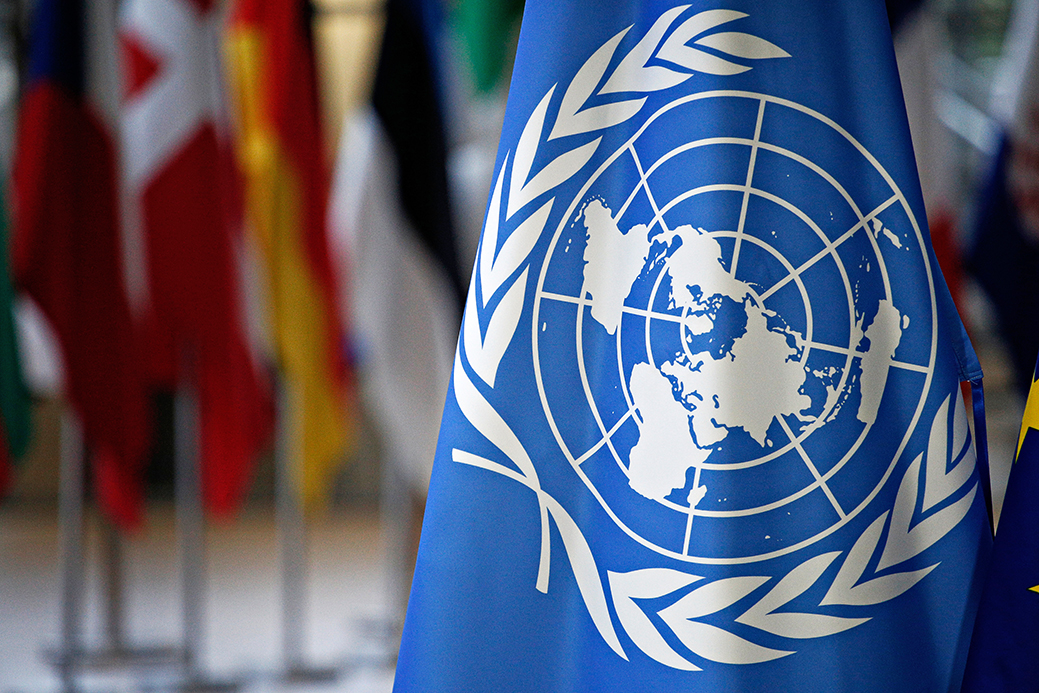Szijjártó Calls Russian gas cap ’Absurd’, Wants Focus on Peace

Photo by Alexandros Michailidis / Shutterstock.com
Although countries across Europe face energy supply crunches as the temperature drops with the changing season, Prime Minister Viktor Orbán said that Hungary “won’t have a shortage of energy,” according to his Facebook page.
“This is not a prediction; this is a statement of fact,” Orbán said in the post on September 10. “There will be gas and enough electricity in Hungary.”
Consequently, Hungary’s government decided to mandate a 25% reduction in gas consumption at state institutions, barring hospitals and nursing homes, and state-owned companies, the PM’s chief of staff Gergely Gulyás said, according to state news agency MTI.
He added that the government could maintain the regulated utilities price system for households, up to average consumption, calling on consumers to keep their gas and electricity use “within reason.” Gulyás added that government support for the regulated gas and electricity prices amounted to a monthly HUF 150,000 per household.
After a meeting of European Union energy ministers in Brussels on September 9, Minister of Foreign Affairs and Trade Péter Szijjártó said the European Commission’s proposal to put a price cap on Russian gas delivered to Europe was “absurd.”
He added that the proposed cap would raise prices and put Hungary’s energy supply at risk, emphasizing that gas accounts for 40% of the country’s energy consumption. He said that nine member states were opposed to or had expressed reservations concerning the gas price cap at the meeting. Szijjártó added that Hungary has enough gas in reserves to cover 38% of consumption, well above the 22% average ratio for the EU.
Make Peace the Priority
Later, at the United Nations General Assembly (UNGA) in New York, Szijjártó said peace should be the main topic of discussion, according to a video message posted on Facebook on September 20. Szijjártó said fellow EU foreign ministers had earlier discussed how to change the global perspective that the impact of sanctions is more significant than the effect of the war itself.
“I think this is a waste of time, and we finally have to focus on peace,” he said. “We have to use the UN General Assembly not as some kind of narrative contest but to achieve peace.”
According to a survey by Századvég Foundation, some 86% of Hungarians would prefer Ukraine and Russia to sit down for talks to end the war instead of imposing sanctions on Russia. Some 50% of respondents said the sanctions currently in force against Russia were “over the top,” another 25% saw them as “adequate,” with no need for further measures, while 20% considered sanctions not stringent enough.
Incidentally, the proportion of Hungarians who believe the attack to be an act of Russian aggression has increased to 63% in August, from a dip of 56% in April, according to research by the Publicus Institute.
After an informal meeting of EU finance ministers in Prague on September 9, Minister of Finance Mihály Varga said Hungary would support European Union financial assistance for Ukraine. At the meeting on Friday, the ministers committed to transferring a further EUR 5 billion in so-called macro-financial assistance (MFA) loans as the second part of an exceptional MFA package of up to EUR 9 bln endorsed by the European Council early in the year, according to a statement from the Ministry of Finance.
This article was first published in the Budapest Business Journal print issue of September 23, 2022.
SUPPORT THE BUDAPEST BUSINESS JOURNAL
Producing journalism that is worthy of the name is a costly business. For 27 years, the publishers, editors and reporters of the Budapest Business Journal have striven to bring you business news that works, information that you can trust, that is factual, accurate and presented without fear or favor.
Newspaper organizations across the globe have struggled to find a business model that allows them to continue to excel, without compromising their ability to perform. Most recently, some have experimented with the idea of involving their most important stakeholders, their readers.
We would like to offer that same opportunity to our readers. We would like to invite you to help us deliver the quality business journalism you require. Hit our Support the BBJ button and you can choose the how much and how often you send us your contributions.









